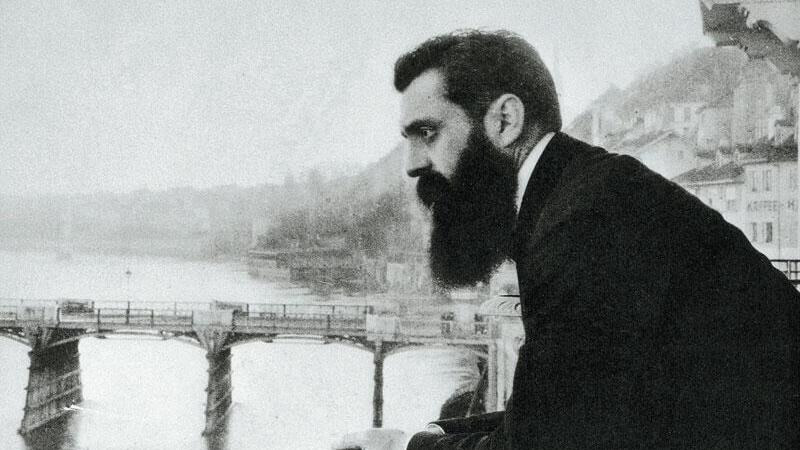The recent elections in Israel highlighted the gap between the people wanting our country to be a Jewish religious state and those wishing it to be a secular one.
This matter has been at the forefront of the Israeli discourse since 1996. I belong to the camp that believes Israel should be secular country, since the other option seems dangerous, anti-democratic and lacking conceptual or moral basis in every aspect of government.
I’ll begin from the conceptual aspect. A state is an objective term made up of a territory marked by borders, people who occupy that territory and its sovereignty – which is the relation between the government and the people who give it legitimacy.
Everyone living within the state - paying taxes, contributing to the economy and having citizenship - owns a stake in that country, and the country owns a stake in its people. The term “citizenship,” which rose to prominence after the French Revolution in 1789, is the equalizer between everyone living in the country.
Religion is a subjective term that has to do with the inner beliefs of individuals. Although it has social meaning and characteristics, it is mainly an individual term having to do with private belief and self-governance between the individual and a higher power.
Therefor, the term “Jewish state” is an oxymoron: a state, being a governing body which shouldn’t differentiate or discriminate between people or groups based on their personal preferences, cannot be described through subjective criteria.
Nationality is another subjective term, used to place people into certain groups according to history, holidays, flags or anthems. In the same way, culture is a subjective source for identity formation, based on customs, cuisine or clothing.
A state is a system of bureaucracy, regulations, rules and laws, that aim to safeguard the people occupying it. If these goals are aimed or set by subjective criteria such as religion, culture or nationality, there will surely be inequality and discrimination.
The United States is a country with no unified religion, nationality or culture. The U.S. contains many nationalities, cultures and religions, in which none have claim ownership of the territory, citizenship or sovereignty.
Because of that, a state led by objective principles of citizenship, and equality before the law, focuses on trying to connect and bridge gaps between all of the different groups within it.
These attempts include meeting, understanding and accepting different peoples, creating government bodies to settle differences, building education systems which include and socialize all groups in the country, and calling for empathy and tolerance between everyone in order to maintain the nation’s strength and stability.
A state which is based on subjective principles will be sectorial, nepotistic and discriminatory. It will always favor one group or religion, nationality or culture before the others, and will be lacking the principles needed to strengthen and stabilize its existence.
In fact, the opposite is true: such a state will create tensions and irreparable rifts, which will destabilizes it and make its government anti-democratic and draconic in nature.
To continue calling Israel a “Jewish state” isn’t an alternative to the ethos of Israel, but a detriment. The public space that the state provides, equally belongs to every one of living in it.
Israel is the state of the Jews, including those who may want to immigrate and live in it for reasons of persecution over antisemitism, for instance.
But it isn’t a “Jewish” state. This difference is important. In the case of such a state, the emphasis is on the people, society and Jews who live in it. They’re the majority, but they are not the only ones within it.
In a “Jewish” state the emphasis is on the state. And if the state is Jewish, so must be it laws, regulations and procedures. Therefor, everyone who is not Jewish becomes a second-class citizen, an alien, and a danger.
Binyamin Ze’ev Herzl named his book “The State of the Jews,” not “The Jewish State” Its fourth chapter is about separating religion and state. This is the main issue that was put forth in the latest elections, and which stands at the center of all other conflicts in the Israeli politics in a clear or ambiguous manner.
The two clearest examples of states which are completely defined by religion are Saudi Arabia and Iran. There’s no separation between religion and state there. There’s no state there at all, as it was all swallowed by religion.
The law is religious, and so is the nationality and culture. Is this where Israel is headed? The latest elections surely brought us closer to such a scenario.






